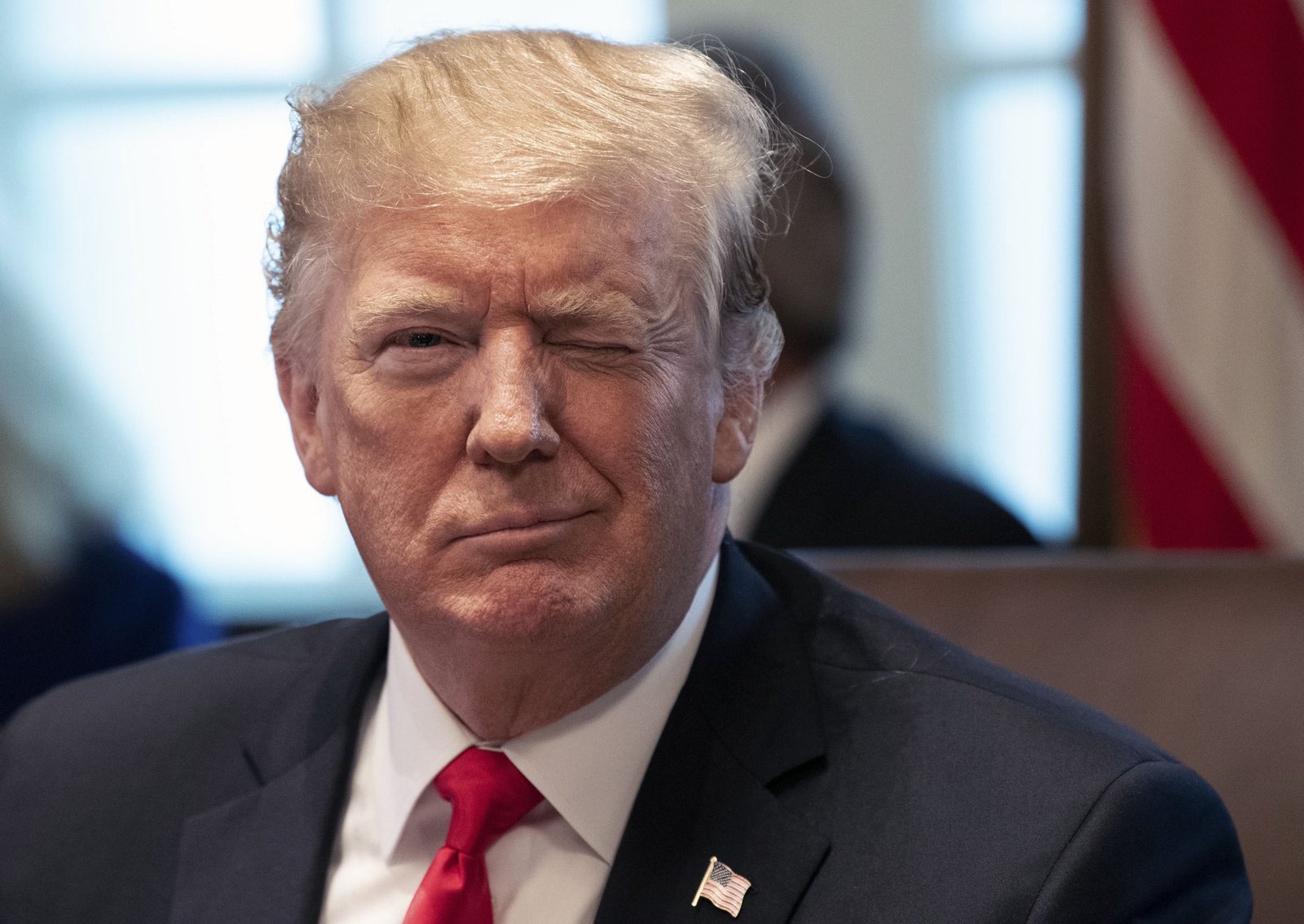Democratic prosecutors made their final arguments to skeptical Republicans on Saturday to convict former President Donald Trump of inciting the Capitol riot that left five people dead and threatened the peaceful transfer of power in the United States.
Concluding a five-day impeachment trial, Democratic lawmakers from the House of Representatives urged senators to hold Trump responsible for the insurrection that took place while then-Vice President Mike Pence and members of Congress were certifying Democrat Joe Biden’s presidential election win.
The lead impeachment manager, Democratic Representative Jamie Raskin, said the Jan. 6 mob acted on Trump’s instructions and with his approval, while the then-president failed to defend vulnerable lawmakers or his own vice president.
“If that’s not ground for conviction, if that’s not a high crime and misdemeanor against the republic and United States of America, then nothing is. President Trump must be convicted for the safety and security of our democracy and our people,” he said.
Conviction is seen as unlikely. At least 17 Republicans in the 100-seat chamber would have to join all 48 Democrats and the two independents who align with them to find the Republican former president guilty.
The move to close the trial came after Democrats and Republicans headed off a potentially lengthy extension of the proceedings by agreeing to enter into evidence details of Trump’s phone call with a top Republican during the deadly siege.
The agreement followed a chaotic vote to allow witnesses in the proceedings, which could have delayed a conclusion for weeks, heightened divisions and stymied efforts by President Joe Biden to move beyond his predecessor’s controversies.
Trump’s attorneys, who were giving their closing arguments after the House Democrats, have argued the trial should not have been held because Trump is out of office, and said his remarks at the rally that immediately preceded the riot were protected by his constitutional right to free speech.
Michael van der Veen, one of Trump’s attorneys, said his client had not been given due process and said Trump had not incited violence.
“No matter how much truly horrifying footage we see of the conduct of the rioters and how much emotion has been injected into this trial, that does not change the fact that Mr. Trump is innocent of the charges against him,” he said. “The act of incitement never happened.”
Democrats have rejected those arguments, including the assertion that the former president did not receive due process.
“You can’t claim there’s no due process when you won’t participate in the process,” said Representative Joe Neguse.
Trump declined to testify in the proceedings.
CALL WITH TOP REPUBLICAN
The Senate, Trump’s lawyers and the House lawmakers serving as prosecutors later agreed that a statement from Republican Representative Jaime Herrera Beutler about a call between Trump and the top Republican in the House, Kevin McCarthy, could be entered into evidence.
“‘Well, Kevin, I guess these people are more upset about the election than you are,’” Beutler quoted Trump as saying in the call in the middle of the attack, referencing an account by McCarthy.
Herrera Beutler was one of 10 House Republicans who voted last month to impeach Trump, making him the only president in U.S. history to be impeached twice.
Closing arguments kicked off after the decision about the 55-45 vote in favor of witnesses, which had unsettled members of the Senate.
Republican Senator Bill Cassidy, who earlier this week was one of just six in his party to vote that the trial should continue, threw up his hands when asked if he had expected Saturday’s vote on witnesses.
“Shelby says he’s seen three of these and this is the craziest,” he said, referring to Senator Richard Shelby, whose 34-year tenure included the 1998 impeachment of Democratic former President Bill Clinton and Trump’s first impeachment trial.
The Senate floor appeared chaotic during and after the vote. Senators clustered together in apparent confusion and Senators Ron Johnson and Mitt Romney engaged in a heated conversation.
WHAT TRUMP KNEW AND WHEN
Much of the trial focused on how much Trump knew about the rioters’ actions as they rampaged through Congress seeking to prevent lawmakers from certifying Biden’s victory in the Nov. 3 presidential election.
Beutler said Trump initially denied his supporters were involved in the attack, claiming the mob were members of the loosely organized left-wing antifa movement, a false claim that McCarthy rejected.
Trump, who left office on Jan. 20, is the first former American president to face trial after leaving office. If convicted, the Senate could then vote to bar him from running for federal office again.
Top Senate Republican Mitch McConnell will vote to acquit Trump, a source familiar with the situation said on Saturday.
The trial has highlighted the extraordinary danger lawmakers faced when Trump urged his followers to march on the Capitol and “get wild” in an effort to overturn his election loss. Pence and lawmakers had to be rushed into hiding for safety. Five people died in the chaos.
Trump’s words that day followed months in which he repeatedly made false claims that Biden’s victory was the result of widespread fraud.
When the impeachment article reached the Senate, only six Republicans voted with Democrats to move forward with the trial, rejecting an argument made by other Republican senators that the Constitution does not allow Congress to impeach a president who has already left office.
Security-camera footage played at the trial showed rioters came perilously close to lawmakers and Pence as the officials were evacuated from the Senate and House chambers.
